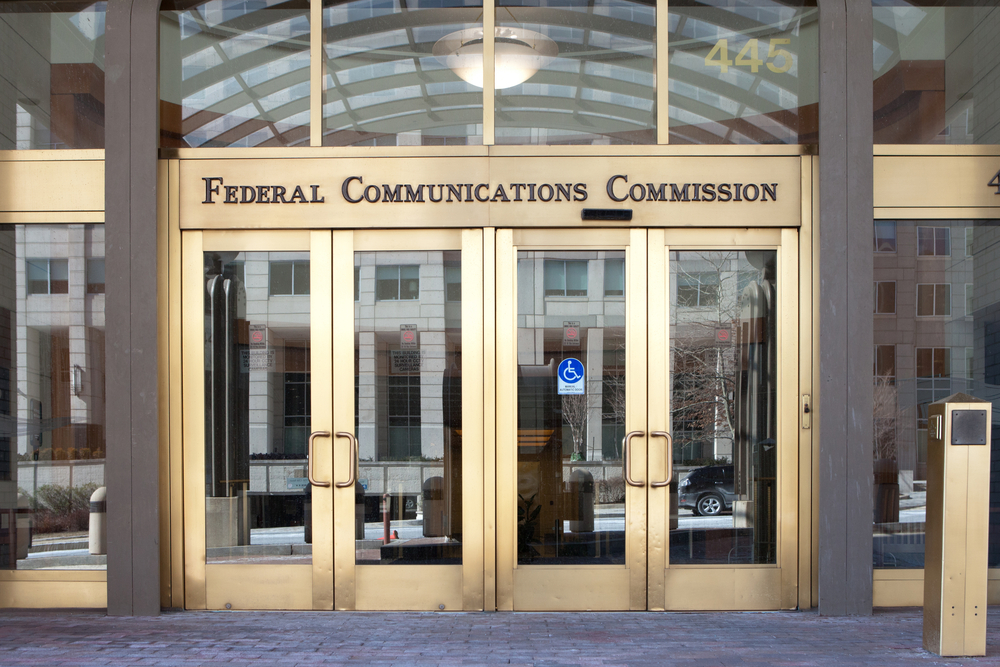Yesterday the FCC’s chairman, Ajit Pai, put existing net neutrality rules on notice, saying that the agency would continue to protect consumers — but with a lighter touch. Just how he plans to do that, however, is an open question. The notice of proposed rulemaking released today is full of questions: some reasonable, some rhetorical and some desperate. And you get to answer them.
The NPRM is named, in patriotic fashion, “Restoring Internet Freedom.” To whom, though?
I hasten to add that these NPRMs aren’t intended to be final proposals or anything like that. They’re a cross between regulations saying “we’re going to do this” and honest questions asking “but how should we do that?” So the system is functioning as expected, and in fact Chairman Pai is following through on a promise made to make documents like this one available to the public quickly.
The very questions being asked within are revelatory as to the FCC’s plan to replace 2015’s net neutrality rules — or rather, the apparent lack of a plan.
At the heart of the issue is the FCC’s use of Title II, part of the 1934 Communications Act that also established the commission itself, and offers strong authority for regulating telecommunications. Broadband providers were reclassified as telecoms in 2015 and proponents of deregulation lost their collective mind.
The NPRM is focused on re-reclassifying broadband under Title I, where it was before. Net neutrality, they say, is not under attack here — just the law the FCC is currently using to enforce it.
There’s one problem with that: The FCC has tried to enact strong net neutrality rules using pretty much every other law over the last 10 years, and they’ve never stuck. So despite what they say, if you kill Title II, you kill net neutrality.
I asked on a press call held by the FCC whether, considering the failure of existing net neutrality rules to exist under any other authority than Title II, the current leadership had a strong alternative — a way to keep existing rules while changing the law under which they’re effected.
The FCC officials on the call pointed me to the NPRM, where that question is addressed in embarrassingly little detail. Just over a page is dedicated to how the FCC will justify the rules, and it mainly just asks whether they should revisit the authorities already rejected over the last decade.
Remember, this is about the entire basis for the FCC even being able to have these rules in the first place. That there’s so little to say about the alternatives to Title II says a lot.
Questions from earlier in the document say a good deal as well, perhaps even explaining the dearth of discussion of legal authority later on.
Concerning the rules set in place in 2015 — no paid prioritization, no throttling, no blocking, etc. — the NPRM questions whether those rules need to exist at all.
In the Title II Order, despite virtually no quantifiable evidence of consumer harm, the Commission nevertheless determined that it needed bright line rules banning three specific practices by providers of both fixed and mobile broadband Internet access service: blocking, throttling, and paid prioritization… Today, we revisit these determinations and seek comment on whether we should keep, modify, or eliminate the bright line and transparency rules.
At the outset of our review of the Commission’s existing rules, we seek comment on whether ex ante [i.e. preventative] regulatory intervention in the market is necessary in the broadband context.
So really, despite their assurances otherwise, FCC leadership does have net neutrality in their sights. For the quote above is followed by a review of the rules in which the necessity of each is questioned (in some cases earnestly seeking input, it must be said), with the alternative being that the industry self-polices.
For example:
…prior to 2015, many large Internet service providers voluntarily abided by the 2010 no-blocking rule in the absence of a regulatory obligation to do so. Do we have reason to think providers would behave differently today if the Commission were to eliminate the no-blocking rule?
If they decide the rules we have in effect aren’t necessary in the first place, why bother finding a legal justification for them at all? Considering how the NPRM is structured, I suspect this may be the strategy being employed.
Fortunately, these questions, despite their framers obviously having answers in mind, are in a way genuine. Chairman Pai was correct when he said that doing this in a transparent way, in which any concerned citizen can offer comment, is the right way to go.
You’ll have opportunity to weigh in on the NPRM; in fact, the document is available for comment right now. However, I’m not 100 percent confident that link is the best avenue for feedback right now. On the press call it was mentioned that additional means and instructions for public comment would be forthcoming, so it’s probably best to wait for that.
But make no mistake: This is your opportunity to answer the many, many questions set forth in this proposal by the FCC. The more substantive and specific, the better.































Comment